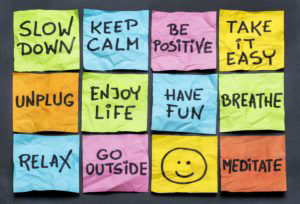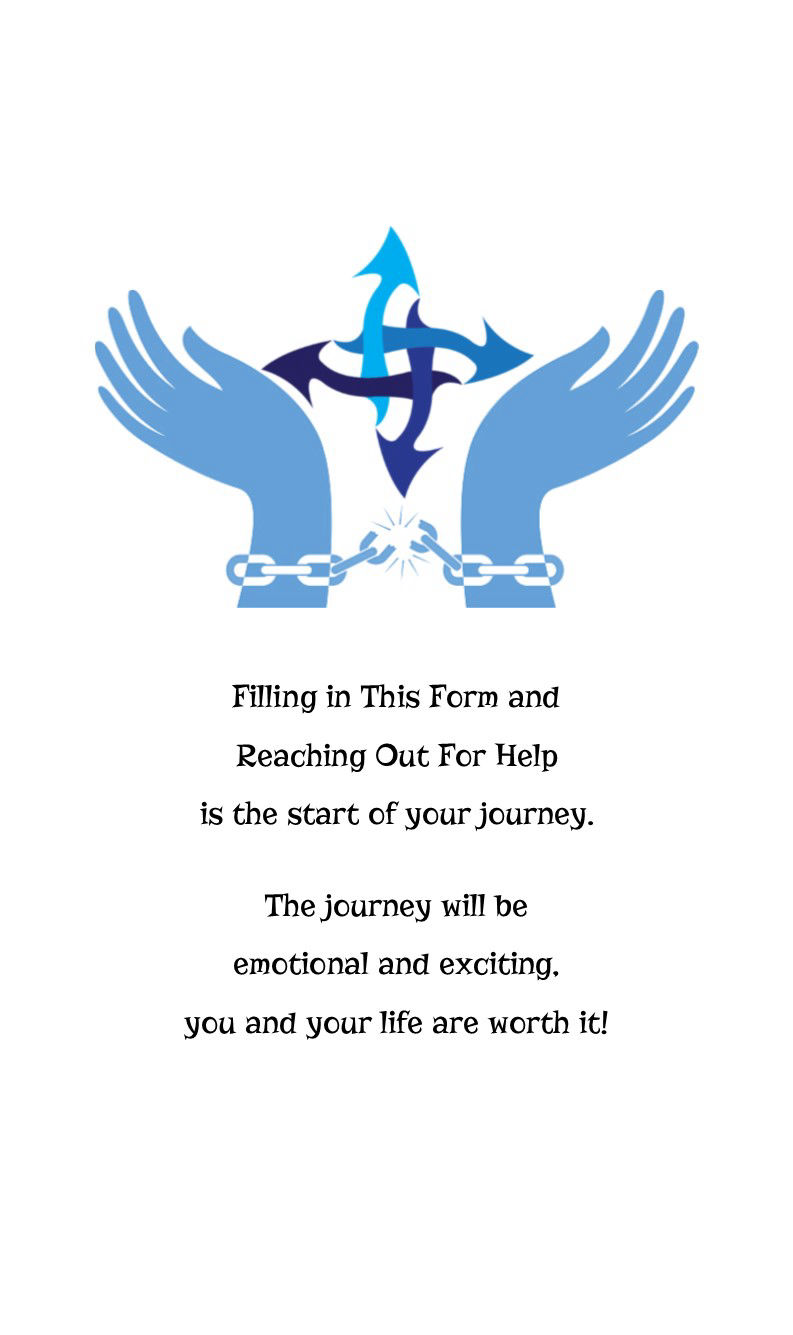1. Learn To Willingly Accept Your Mind – The first step to preventing relapse is to understand and accept your mind. The presence of whatever your mind produces such as thoughts, beliefs, images, memories, feelings, or sensations is temporary. Even if you don’t like them, if you understand that the ideas your mind creates will change, you do not need to act on what your mind is thinking. This goes for urges and cravings. Note how they simply come and go. They may seem like a problem, but avoiding them through addictive behaviour appears as the real problem in the long run. Consider learning and practicing “Mindfulness” to increase your ability to “sit with” or “ride out” urges without acting on them.
2. Get Psychological And Medical Help When Needed – When needed, seek and get psychological and medical help for psychiatric illnesses and to learn better ways of coping with life events. Treatment options for addiction are not limited to psychotherapy or support groups. Consider the use of prescription medications like Disulfiram (Antabuse®), Naltrexone (ReVia®), Acamprosate (Campral®), etc., as a sign of positive action and never as a mark of failure or inadequacy. Take your medications as prescribed.
3. Stimulus Control – Begin to understand and practice stimulus control. Change the “activating events,” cues or “triggers” which can be changed. Accept those which can’t be changed. They can cue you, but they don’t rule you.
4. PIG Awareness – Live with awareness of the PIG (Problem of Immediate Gratification). Learn about the PIG concept and of natural penalties for slips, lapses and relapses. Carry, review and update a Cost-Benefit Analysis or list of reasons for sticking to your change plan.
5. AIDs Awareness – Beware of Apparently Irrelevant Decisions (AIDs) that lead to high risk situations and using. Recovery requires living with greater awareness or mindfulness.
6. Beware of the “Abstinence Violation Effect” - (the use of a small slip as an excuse for a major relapse). Carry your how-to-cope reminder instructions. Remember: “One ‘swallow’ does not make a summer, nor a relapse.”
7. Find Valued Directions For Your Life – Developing a balanced life with healthy indulgences and activities that can substitute for unhealthy and undesirable addictive behaviours is a good start. But in the long run we each need to decide what is important to be doing and commit ourselves to acting on those values, taking us each in our own valued life directions.
8. Take Better Care Of Yourself – TLC stands for Therapeutic Lifestyle Change. Staying clean from drugs and alcohol or abstaining from unwanted behaviours is part of living a balanced life. Ample evidence exists that you can improve your mental health through exercise, better diet and nutrition (including Omega-3 found in fish oils), getting out in nature, developing and maintaining good human relationships, engaging in recreation and vital absorbing activities, relaxation, meditation, and altruistic involvements like volunteering service in one’s community.
9. Learn and apply the SMART Recovery® Four Point Program™ and Recovery Tools – Read, study, learn and apply what you learn. If you don’t help yourself, who is going to help you? Self-help requires determination and work on your part. That’s why it’s called self-help.
10. Reward Yourself – Be sure to celebrate successes and reward yourself for successful abstinence, compliance with treatment and follow up.
PDF File available to Download
Here

